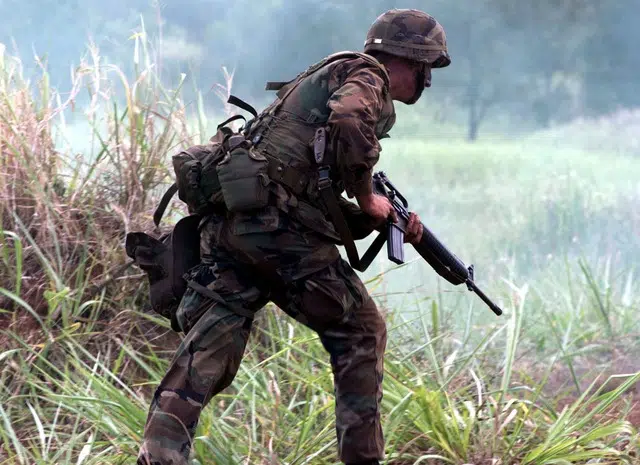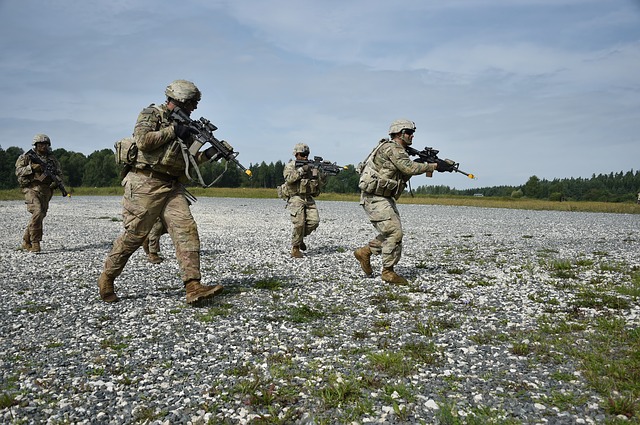
A coup d'état promotes a change of government through the use of force.
The act and consequence of hitting is known as a blow , a verb that refers to both physical impacts and those of a symbolic nature. The State , for its part, is a modality that allows a society to be organized in a sovereign and coercive manner and with authority to regulate the functioning of the community within a certain territory.
By combining the definitions of both terms, the notion of coup d'état arises. It is a violent action carried out by military forces or rebels that seek to retain the government of a State . The coup d'état, in this way, involves the replacement of existing authorities and the change of command of state institutions by imposition.
Origins of the concept
Specifically, to establish the origin of the term we have to go back to 18th century France when it began to be used to refer to all those actions of a violent nature that the king carried out without taking into account the established norms, morally and legally, in the society. The fact that he undertook them in this way was based on the fact that they were necessary for the common good.
The coup d'état constitutes a violation and lack of recognition of constitutional legitimacy since it violates the legal regulations of arrival and permanence in power. It is possible to distinguish between two main types of coups d'état: the institutional coup is one that takes place when certain members of the party itself come to power, while the military coup is carried out by the armed forces. In recent decades, the notion of market coup has been added to refer to the institutional changes that take place due to pressure from economic groups in a position to destabilize the economy .

The usual thing is that a coup d'état is promoted or supported by the military.
Examples of coup d'état
Among the most important coups d'état in history, for example, the one that took place in Spain in 1936 stands out. This action was carried out against the reigning government at that time, the Second Republic , and which led to the bloodiest time in the country: the Civil War. A war that brought horror, desolation and death to the nation and that would end with the establishment of a dictatorship imposed by the rebels led by Francisco Franco.
However, other equally relevant coups d'état have taken place in Spain. Specifically, another of the best known was the failed one that was carried out on February 23, 1981 by Civil Guard Lieutenant Colonel Antonio Tejero. A plan that was frustrated thanks to the action of the King and General Alfonso Armada.
So far in the 21st century, various coups have also occurred around the world. Among the most significant are the one in Thailand in 2006 by the army , the one in Honduras in 2009 or the one in April 2012 in Guinea-Bisaú.
Revolution, civil war and disobedience
There are several terms that are often used as synonyms for coup d'état but that, in reality, have other meanings. A revolution , for example, implies profound social change, something that may not be present in a coup d'état.
The civil war , on the other hand, is a military confrontation extended over time between members of the same society (the coup d'état, on the other hand, is a rapid action). Rebellions , revolts and mutinies , finally, are collective disobedience without intentions of taking power .
